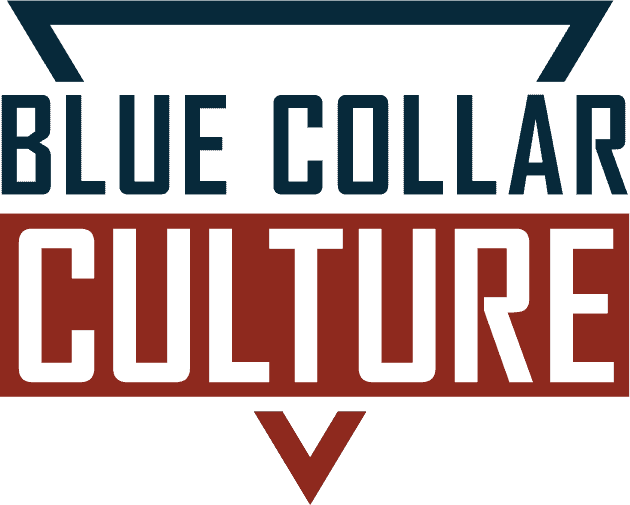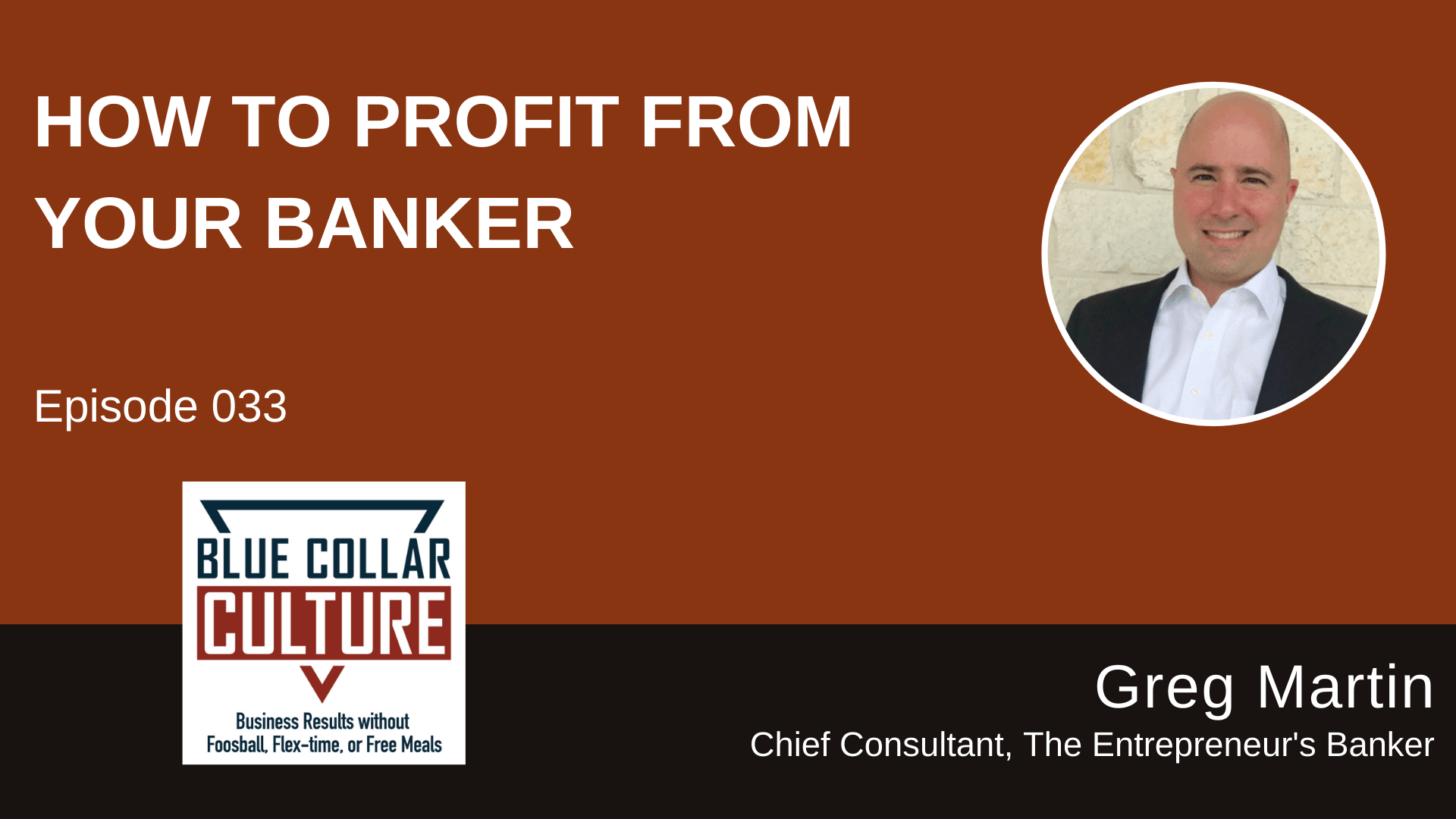Greg Martin is one of the only two profit-first bankers in the world. What does that mean?
He advocates methodology where a banker is a strategic partner to an entrepreneur helping grow the business – not just a commodity service provider. That means you need a banker who not only understands how businesses work… but the reality of profit.
Working in the profit-first model can have a huge impact on your business, creating predictable and sustainable revenues that will grow the business, even in tough times. This not only benefits your business… but also creates consistency in your personal life and builds your personal wealth.
Greg also talks about how the right banker can help protect you from risk, the biggest thing holding entrepreneurs back, and more, including…
- The questions you must ask your banker (and what answers should make you switch)
- Financial Flexibility vs. Operational Flexibility
- The Multiple Bank Account Method for permanent profitability
- How many business owners unknowingly steal from themselves
- And more
Listen now…
Mentioned in this episode:

